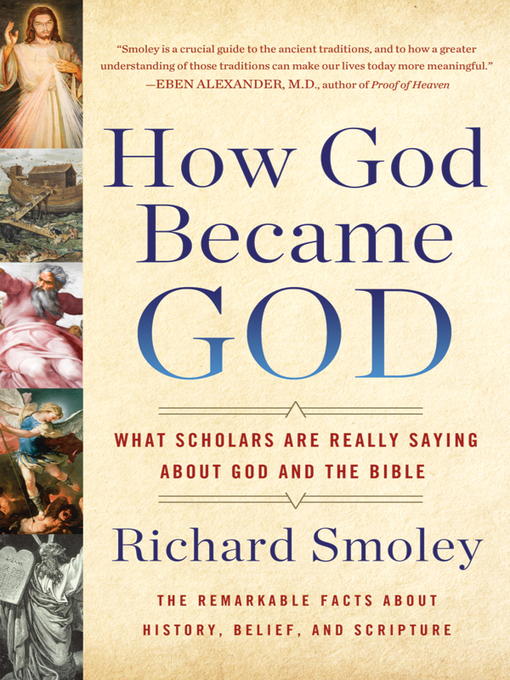- Available now
- New eBook additions
- Most popular
- New kids additions
- Try something different
- Lucky Day
- See all ebooks collections
- New audiobook additions
- Available now
- Most popular
- Try something different
- Listen While You Workout
- Lucky Day
- See all audiobooks collections




